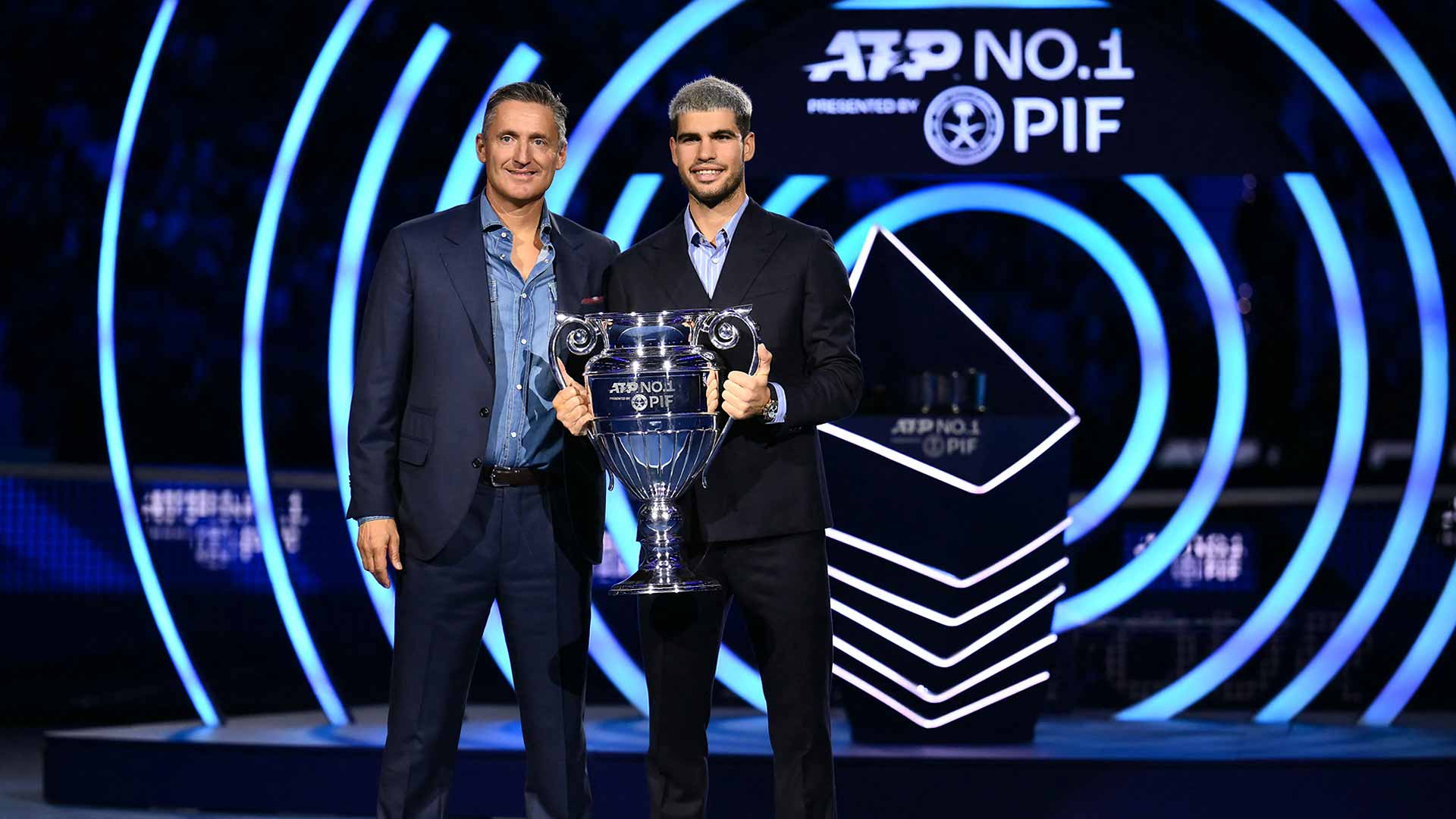Tokyo 2025 Deaflympics: Preview, key facts, and how to follow the action
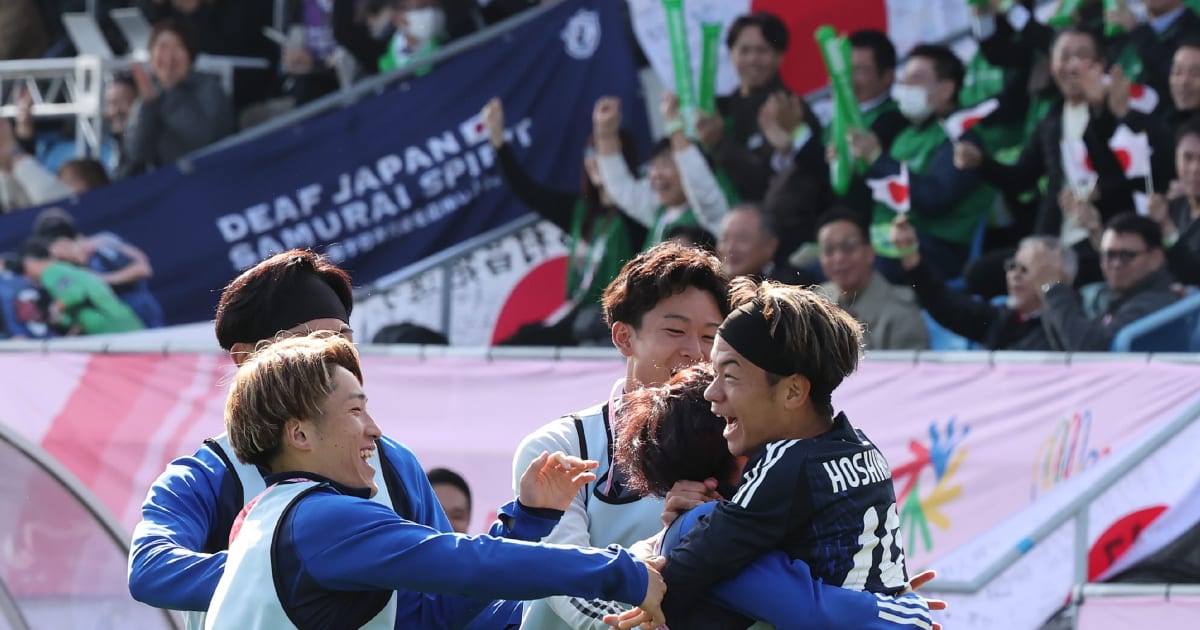
The stage is set in Tokyo for the 25th Summer Deaflympics, taking place just over a century after the inaugural edition was staged in Paris in 1924. Across 12 days of competition, more than 3,000 athletes from 81 nations are expected to compete in 21 sports at venues including Tokyo Metropolitan Gymnasium and Komazawa Olympic Park.Read on to learn what the Deaflympics are, what makes them unique, and how to follow the action in Tokyo.Tokyo 2025 Deaflympics at a glanceDates: 15–26 November 2025Host city: Tokyo, JapanEdition: 25th Summer Deaflympics, taking place just over 100 years after the first Games were held in Paris in 1924Athletes and nations: Around 3,000 deaf and hard-of-hearing athletes representing roughly 80 countries and regionsSports: Athletes will contest more than 200 medal events across 21 disciplines, including athletics, badminton, basketball, beach volleyball, bowling, cycling road, mountain bike, football, futsal, golf, handball, judo, karate, orienteering, shooting, swimming, table tennis, taekwondo, tennis, volleyball, wrestling (freestyle) and wrestling (Greco-Roman).Main venues: Tokyo Metropolitan Gymnasium and Komazawa Olympic Park, alongside a network of additional venues across the cityOrganiser: International Committee of Sports for the Deaf (ICSD), in partnership with the Tokyo 2025 Deaflympics Organising CommitteeCompetition format: Multi-sport event held over 12 days, with qualification rounds and finals in each discipline, and Opening and Closing Ceremonies bookending the programme.What are the Deaflympics?The Deaflympics are an international multi-sport event for deaf and hard of hearing athletes, with Summer and Winter editions that are generally held every four years. They are organised by the International Committee of Sports for the Deaf (ICSD) and recognised by the International Olympic Committee (IOC). The first edition took place in Paris in 1924, originally under the name “International Silent Games”.Today, the Deaflympics are recognised as one of the world’s longest-running multi-sport events, and the first global sporting event created specifically for athletes with a disability. The Games have been developed and led by deaf sports leaders since their inception, with the ICSD (formerly the Comité International des Sports Silencieux) overseeing their growth and relationship with the wider Olympic Movement.To be eligible, athletes must have a permanent hearing loss of at least 55 decibels in their better ear, measured without hearing aids or cochlear implants. During competition, they are not permitted to use any form of hearing assistance to ensure that all participants compete on the same terms. Athletes also need to be registered with their national deaf sports federation, which is affiliated to the ICSD.Competition environments are tailored to visual communication. Starting signals are given by lights rather than a gun, referees and officials use flags and clear visual cues, and information at venues is provided through screens, International Sign, and other visual formats.Tokyo 2025 Deaflympics scheduleKey dates (all local time in Tokyo, Japan – Japan Standard Time, UTC+9)Saturday 15 November – Opening Ceremony at Tokyo Metropolitan GymnasiumSunday 16 – Tuesday 18 November – Early competition days, featuring preliminary rounds and group stages in team sports such as basketball, football, volleyball and handball, alongside heats and qualification rounds in athletics, swimming and other individual events.Wednesday 19 – Monday 24 November – Middle phase of the Games, with a mix of ongoing qualification, quarter-finals and semi-finals, and the first medal events in several sports, including combat and racquet disciplines.Tuesday 25 November – Final full day of competition, with multiple gold-medal events and finals scheduled across team and individual sports.Wednesday 26 November – Remaining medal events in selected sports and the Closing CeremonyOne of the most closely followed athletes in Tokyo is likely to be Indian golfer Diksha Dagar, whose career links the Deaflympics and the Olympic Games in a way few others can match. A two-time Deaflympic medallist, she won silver when golf made its Deaflympics debut at Samsun 2017 before upgrading to gold at the next edition in Caxias do Sul in 2021, becoming the first and so far only golfer with two Deaflympics medals in the sport. She has represented India at both the Tokyo 2020 and Paris 2024 Olympic Games, becoming the first golfer in history to compete at both the Olympics and the Deaflympics.

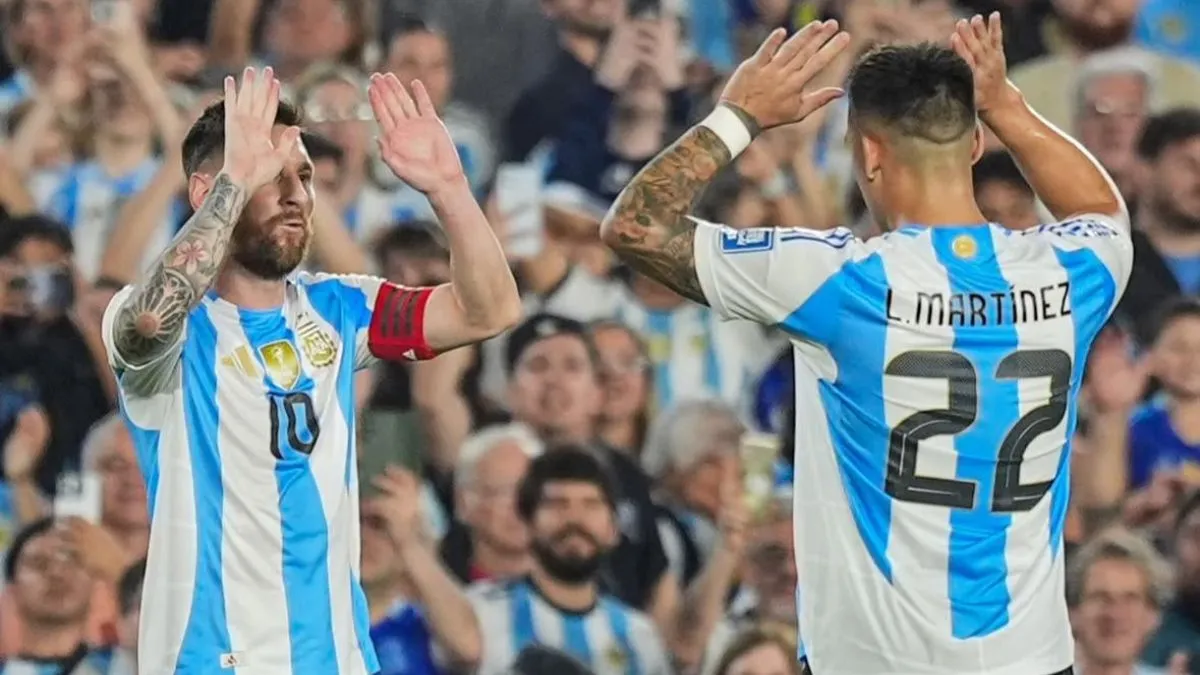
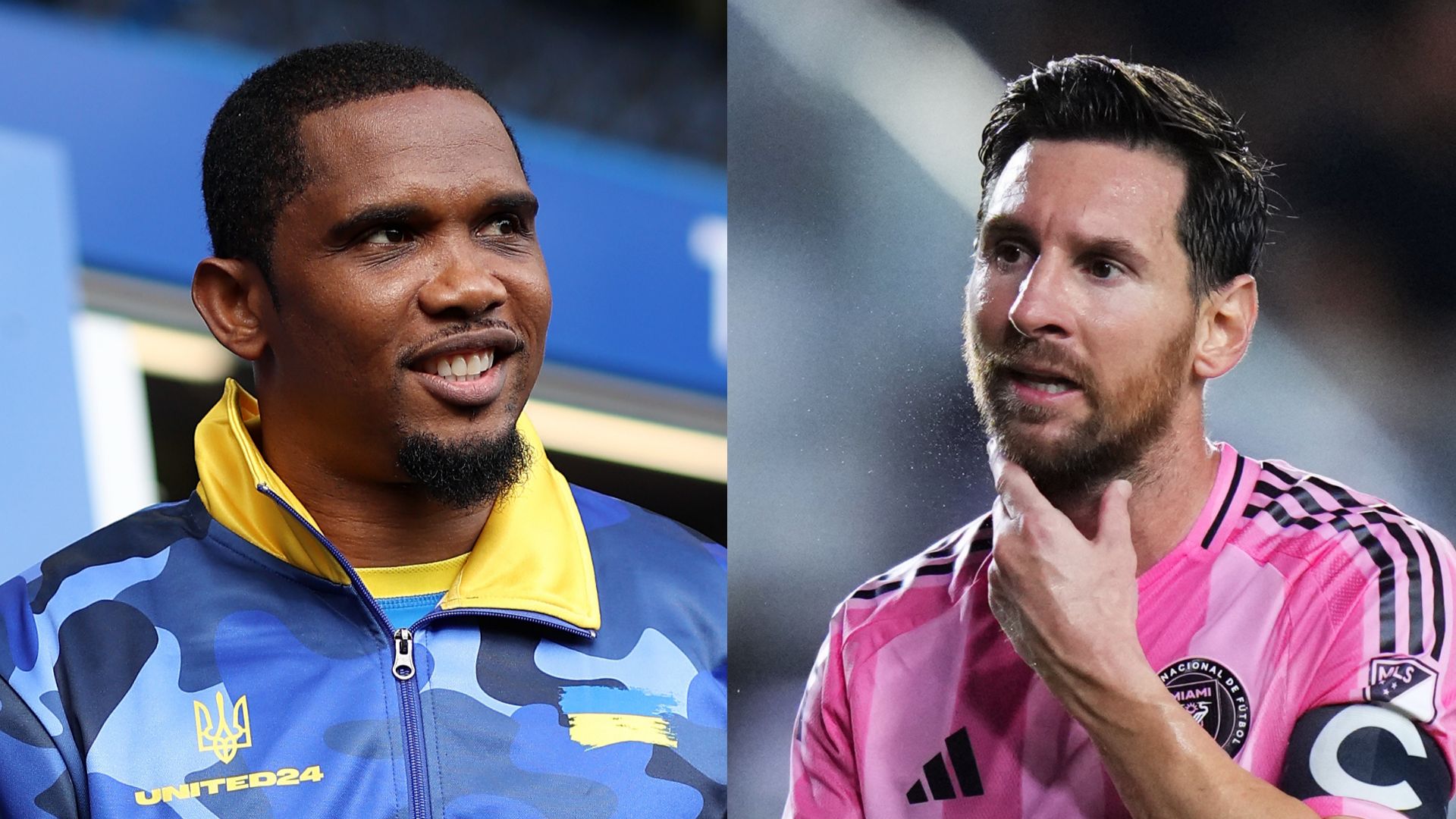.png)
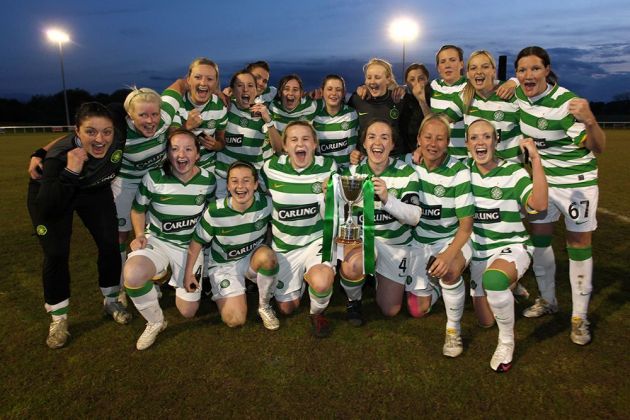

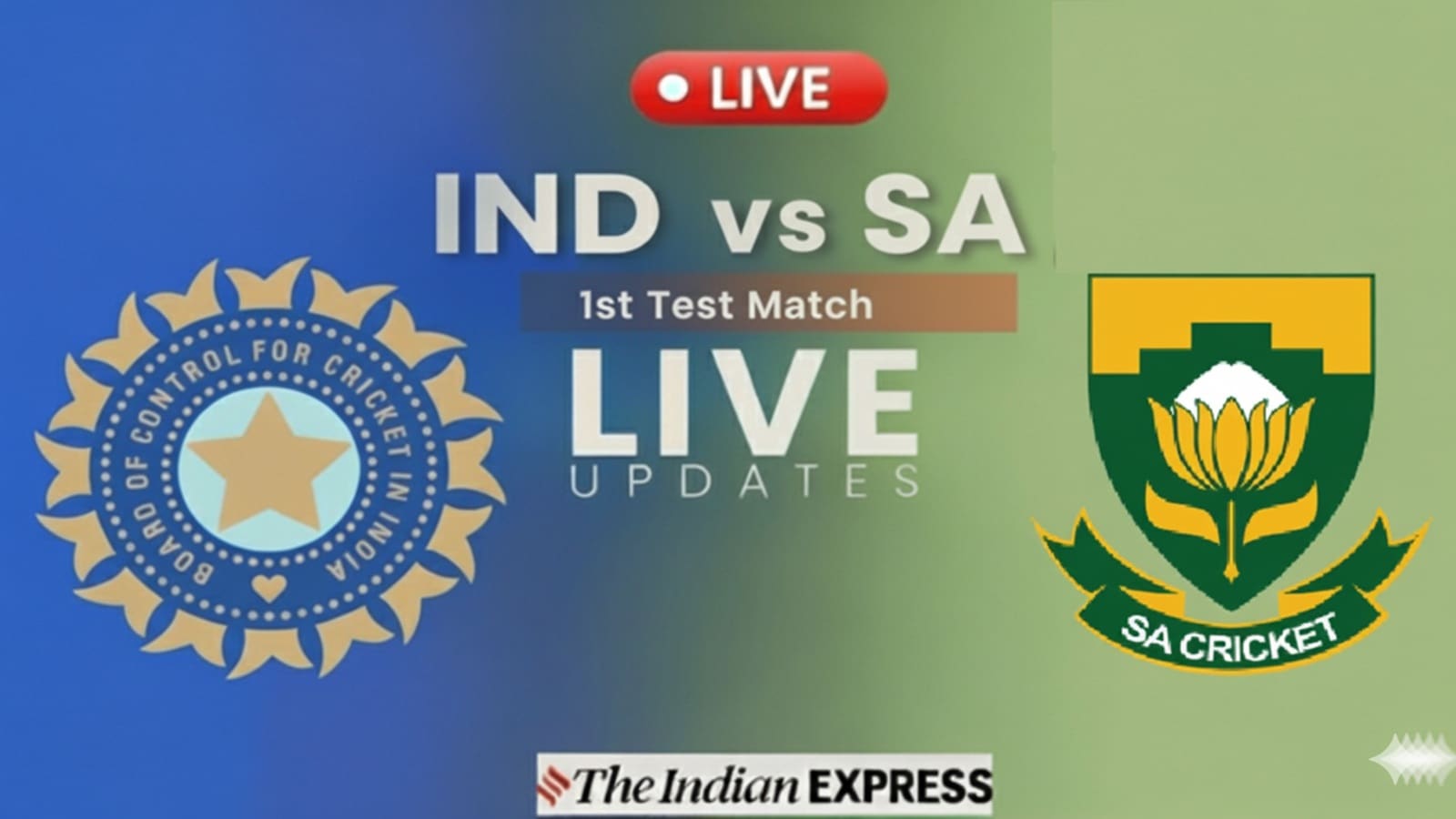
.jpg)

